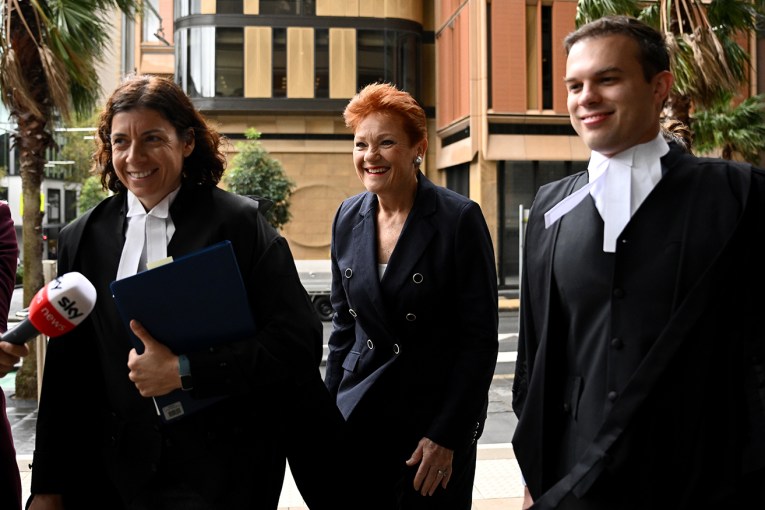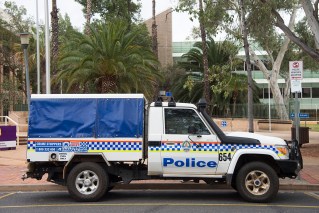Big Tobacco’s ‘horror show’: Vaping ban to hit insidious industry

It’s a “horror show” for Big Tobacco as the federal government seeks to curb an explosion in Australian children using nicotine and e-cigarettes.
It is illegal to supply e-cigarettes containing nicotine in Australia, but the laws are widely ignored and many retailers sell brightly coloured devices in flavours such as watermelon without consequences.
Health Minister Mark Butler vowed to close what he said was the biggest loophole in the history of Australian health care, with restrictions on the import and sale of vapes, except for smoking cessation.
“We have been duped,” he said.
“Big Tobacco has taken another addictive product, wrapped it in shiny packaging and added sweet flavours to create a new generation of nicotine addicts.”
China, the source of many of the devices sold in Australian convenience stores, has recently intervened to ban the sale of flavoured vapes for domestic consumers.
Former president Donald Trump vowed to ban flavoured cigarettes in 2019 but backed down after pressure from the tobacco lobby,
This month one US state received a $100 million settlement from an e-cigarette manufacturer it said had deliberately been targeting children.
Mr Butler said public health measures against tobacco had recently been eroded and announced a new strategy to raise taxes on cigarettes by 5 per cent a year.
Professor Emily Banks, an ANU epidemiologist, said the recent increase in use of nicotine products among children in America had been described as the most rapid increase in substance abuse ever.
Nearly 60 per cent of teachers in Australian schools report confiscating two or more vapes a week.
Professor Banks said in New Zealand, where e-cigarettes are freely available, about 9.6 per cent of high school students used them daily.
“There is uncertainty about the effects on cardiovascular disease, on cancer, on other lung disease, on reproductive health, on pretty much anything,” Professor Banks said.
Moral obligation to act
But she said vaping also conditioned vulnerable young people to develop addictive patterns of behaviour, and that thinking would stay with them throughout their lives.
“What we see also with young people and the effects on the developing brain of nicotine is concentration issues with memory and issues with mood,” she said.
“You [have to] think about what it’s like to be in that cycle of addiction.”
That, she said, was a moral obligation to act.
“It’s not like a virus; there are people out that are agents trying to push them,” she said.
“(It) was brought into the community saying this will be really good to help smokers quit, and then open it up and out comes bubblegum flavoured e-cigarettes, [with] unicorns on them that are being inhaled by children in the toilet.
“There is this duplicity going on.”
A spokesman for Philip Morris said that increasing cigarette taxes would “only benefit the criminals who sell” illegal tobacco.
University of Sydney Professor Simon Chapman hailed a policy he called a “horror show” for Big Tobacco, and asked whether convenience stores would seek compensation over the income lost from illegal sales.
“Definitely not,” said Theo Foukkare, who heads the Australian Association of Convenience Stores.
Mr Foukkare said the “black market would continue to explode”.








